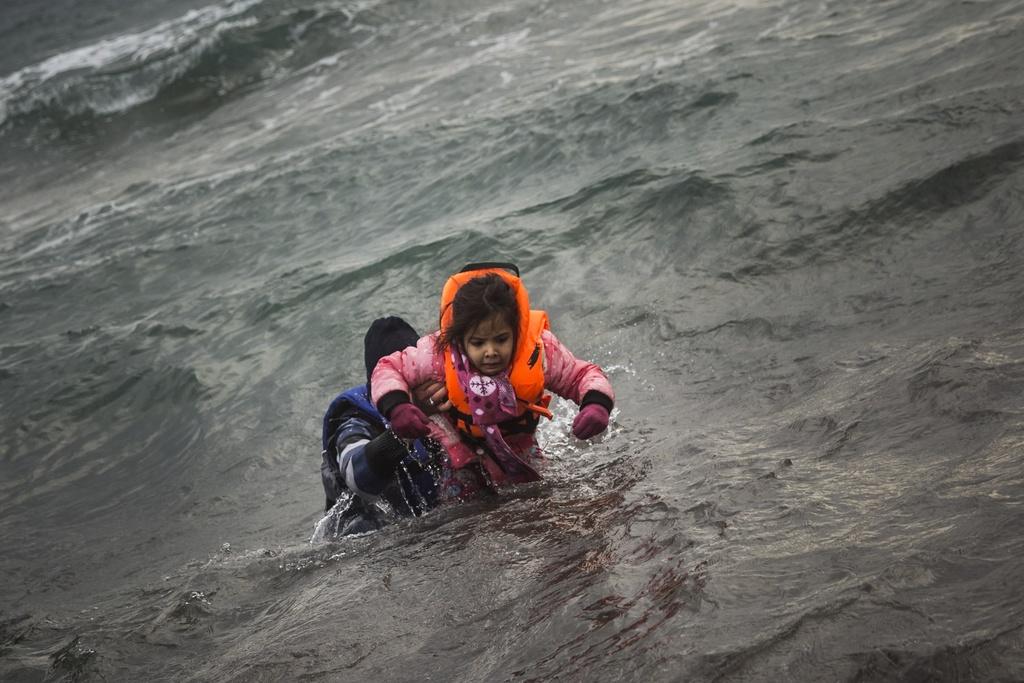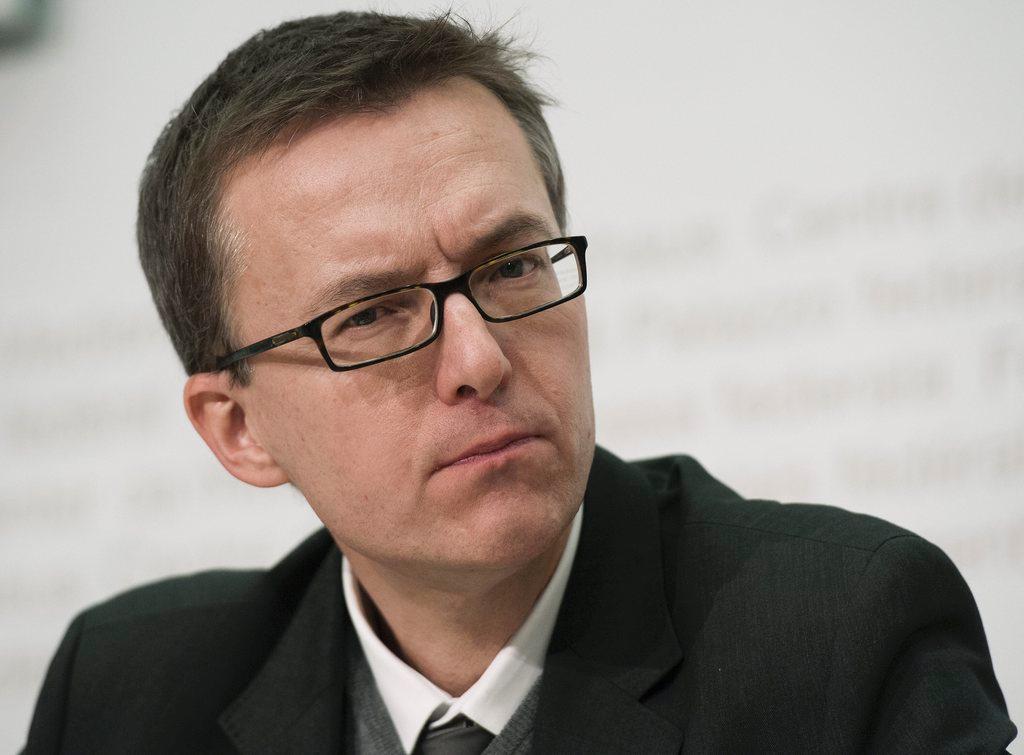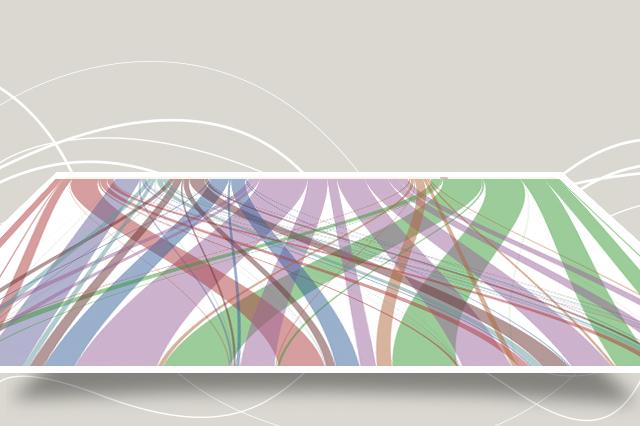
‘We haven’t yet learned from the 2015 refugee crisis’

Is Europe set for another migration wave? A complex civil war in Libya, the third since 2011, could spark a new stream of asylum requests further north. It’s unlikely the response of European governments will be more coherent than in 2015, says Professor Etienne Piguet.
Following the migration crisis that shook Europe in 2015, when asylum requests shot up in the wake of the Syrian conflict, relative calm has returned to the continent.
But the balance remains fragile, says Etienne Piguet, professor of human geography at the University of Neuchâtel and vice-president of the Swiss federal commission on migrationExternal link.
Piguet, who recently published a wide-ranging and sober analysis of the migration crisis and its aftermathExternal link in the Canadian journal Refuge, told swissinfo.ch why more crises are possible.

swissinfo.ch: With this fresh conflict taking shape in Libya, should we expect a new rise in the numbers of asylum requests in Europe this summer?
Etienne Piguet: Yes, there’s a risk that the numbers will again sharply increase. What’s happening at the moment in Libya could lead to a crisis similar to that of 2015-2016. We should learn lessons from what happened then in order to be prepared.
swissinfo.ch: When violence engulfs a region, which mechanisms dictate how many people flee towards Europe?
E.P.: Several crises in the second half of the 20th century did not in fact lead to large numbers of migrant arrivals. But various factors have changed. Firstly, movement, both physical and informational, has become easier. The level of online connectivity between individuals means more people are aware of the possibilities offered by western nations.
Secondly, over the past few decades, wealth has increased in many countries, which allows more victims of violence to find the means to travel further than before.
swissinfo.ch: Populist parties, who want to close borders, are currently trying to build an alliance for the European Parliament elections in May. Could this make a new migration crisis more difficult to manage than the previous one?
E.P.: I don’t think we have yet learned the right lessons from 2015. It’s too late to sit down and discuss policies once arrivals are already on the rise. So, with the possible increase in migrants coming via the Mediterranean, some countries, such as Italy, could close the door completely while others will try to respect their obligations, but in a chaotic way.
This is the worst-case scenario. But there’s a real risk of a major political and humanitarian crisis. This is why we need to put in place now a minimum level of measures, to be prepared for a significant exodus.
swissinfo.ch: What would these measures involve, for you?
E.P.: We need to boost the help given in proximity to the areas of violence, for example by bolstering the capacities of the various UN agencies in the region. This would allow us to avoid the situation seen from 2011-2013, when the UN refugee agency was forced to beg states for funding to help migrants blocked in Turkey. This kind of step also has the advantage of enjoying the support of those hostile to migrants coming into Europe.
We also need to think about a way to create solidarity between states. The 2015 idea of forcing each European state to take in a number of refugees proportional to its population failed. But various states should still be able to take in more migrants, while others more unwilling can contribute financially.
This way, those states that don’t want to take in asylum seekers, for populist reasons, would not be forced to do so.

More
2015: when the wave of migrants reached Europe
swissinfo.ch: Is there any chance of harmonising asylum policies in Europe?
E.P.: We should focus on doing “realpolitik”; for now, a common policy should remain a goal, but it’s not likely. But finding some agreement to avoid chaos is still possible. Even Italian interior minister Matteo Salvini wants some sort of European solidarity on migration.
swissinfo.ch: Could Switzerland become a prized destination?
E.P.: As it’s not a coastal nation, Switzerland will never be on the front line. If certain states allow migrants to pass through unaccounted for rather than respect their responsibilities under the Dublin accords [which state that refugees should apply for asylum in the European country where they first arrive], as was the case with Italy in 2015, Switzerland could see a significant increase.
In this light, it’s in the interest of the Swiss government to make agreements with the other European states.
swissinfo.ch: Are federal authorities prepared for a major increase in asylum demands?
E.P.: As far as domestic policy goes, Switzerland is quite well prepared. The country has emergency plans in place that define procedures in case of thousands of people needing protection.
However, the state could be more active on the international stage in trying to push for a minimum level of agreement. It already did this during other refugee crises, notably the 1970s crisis and, later, the Kosovo crisis.
Translated from French by Domhnall O’Sullivan, swissinfo.ch

In compliance with the JTI standards
More: SWI swissinfo.ch certified by the Journalism Trust Initiative































You can find an overview of ongoing debates with our journalists here . Please join us!
If you want to start a conversation about a topic raised in this article or want to report factual errors, email us at english@swissinfo.ch.